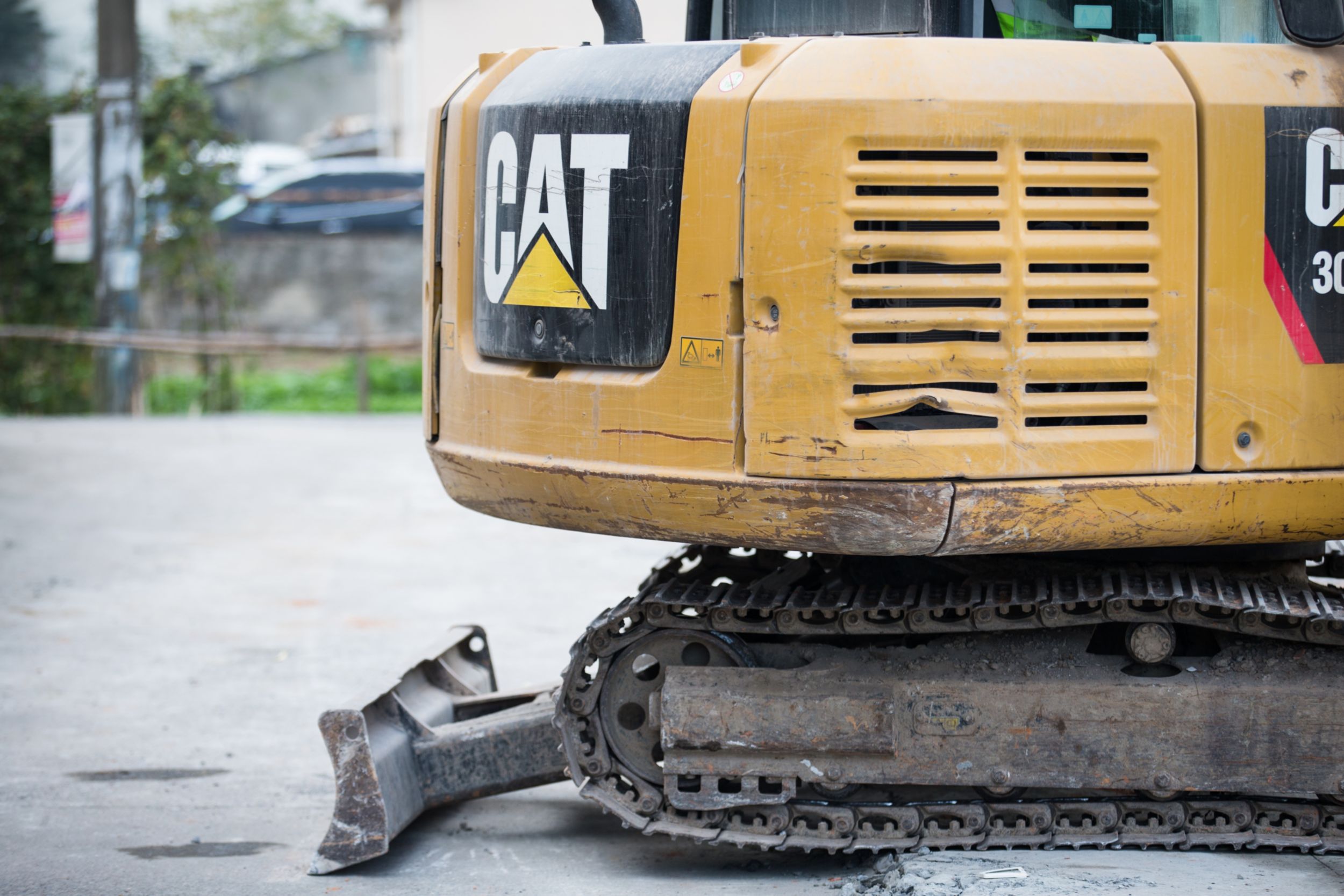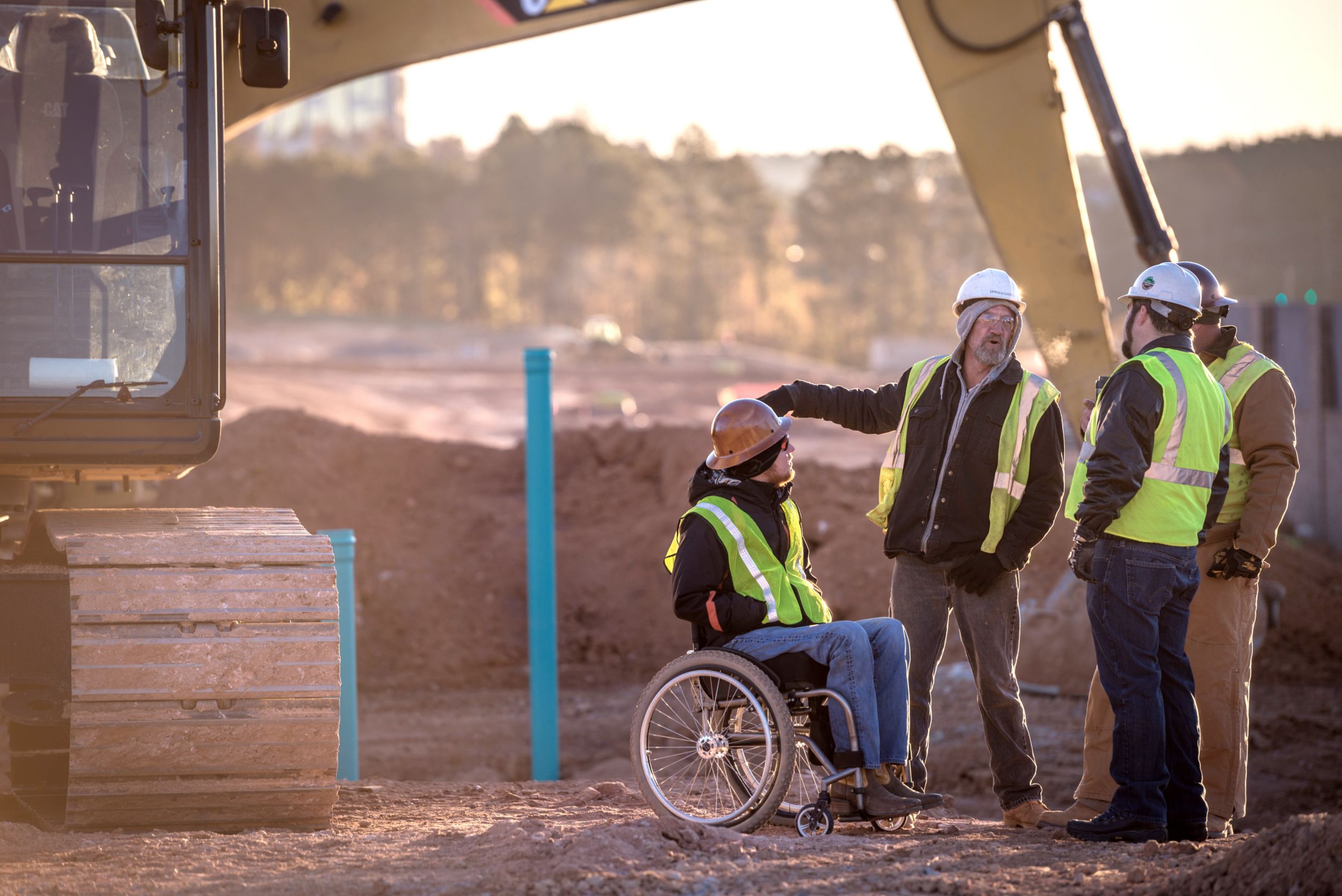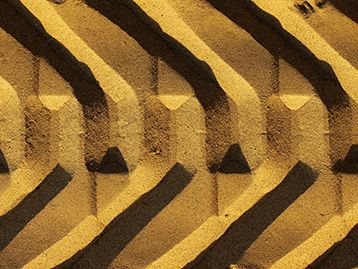

Sign In
Welcome! Sign In to personalize your Cat.com experience
If you already have an existing account with another Cat App, you can use the same account to sign in here
Register Now
One Account. All of Cat.
Your Caterpillar account is the single account you use to log in to select services and applications we offer. Shop for parts and machines online, manage your fleet, go mobile, and more.
Account Information
Site Settings
Security
The Tax Benefits of Buying Used Equipment
CATCH A BREAK WHEN YOU ACQUIRE HEAVY EQUIPMENT

Businesses have plenty of strategies available when buying or leasing equipment. One of the most intriguing is the selection of a lease that includes a purchase option, whether at a fixed point during the length of the agreement or at its end. Businesses can also directly purchase or use a loan to acquire used equipment, with a similar result.
That choice to purchase equipment doesn't only involve whether a business wants to use those assets - or continue to use them, in the case of a lease with a purchase option - however. There are a number of tax benefits associated with purchasing used equipment. With an understanding of the different advantages offered through buying previously used equipment for your business, you can maximize the value created by the purchase.
The tax benefits used equipment offers to businesses
Leases give businesses flexibility, allowing them to gain access to equipment quickly while making payments over time. When the lease expires - or when the flexible return or purchase option in a flex lease comes due - a company generally has the option to purchase the equipment outright. The other common scenario involves the direct or financed purchase of used equipment, which is different in practice but ultimately has similar results.
If an organization decides to purchase used equipment after a lease, the tax implications change drastically. When the equipment in question is covered under a lease, the lessor retains the tax benefits associated with depreciation and other considerations. However, the business can take the value of lease payments during the period when the agreement is in effect and list them as a business expense. This advantage of the leasing process ultimately reduces the overall cost of the agreement by creating a lower tax payment obligation.
When a company buys used assets, it can make a significant difference in tax considerations and associated financial issues. The most immediate is taking over the tax benefits. As the machinery or equipment declines in value, businesses can receive a tax write-off in return.
Buying used equipment commonly means avoiding some of the depreciation in value that new equipment goes through during the first years of operation. This means the tax benefits that come from ownership of a new asset are missed - but so is the real loss of value that steadily occurs as a new piece of equipment is owned and used. Depending on the equipment and the specific decrease in value over time, businesses can frequently leverage the tax benefits of a used asset.
The business benefits of buying used equipment
First and foremost, you can typically purchase high-quality used equipment at a significantly lower cost than buying new. Need attachments? You can reinvest the money saved on buying used and put it towards the necessary attachments you need to get a variety of jobs done. It's important to keep in mind that buying used equipment does not necessarily mean you are purchasing a lower quality product. In fact, we like to think of it as 'broken in' and ready for it's next job.
Bottom line - don't think you're sacrificing quality when you look at used equipment options. We do, however, recommend checking what kind of maintenance has been done on the machine, preferrably by a Cat® trained technician.
The second major benefit of buying used equipment is availability. In some cases, new equipment is made-to-order and it has to be manufactured before it can get to your jobiste. For some customers, this simply won't work. If a quick delivery is important to your busienss, used may be the way to go. Used equipment is typically available at your dealer or a local Cat Financial facility and can be on your dealer's lot in no-time. This means you can get the equipment you need on a jobsite and put to work right away.
The third benefit is the flexibility you will gain in your business. Because you can get your equipment at a lower cost, and you can get it on a jobsite faster, you have more flexibility to bid on jobs with less lead time. This can be very helpful if you have acquired a unique configuration that is required for certain regular jobs. Since used equipment requires less cash, you can potentially expand your fleet and bid multiple jobs to maximize use.
These are all reasons why we love our lease programs with end-of-term options. Equipment ownership is possible and it can be a gradual process. Your best bet will always be to talk to your local Cat dealer about what options they have for lease, loan and rental of new and used equipment. Once they understand your unique business needs, they can help build a plan that works for your business.
Additional Articles
Find in-depth articles to answer your questions about construction equipment financing, and expert tips to help you navigate today's economy as a successful business.



